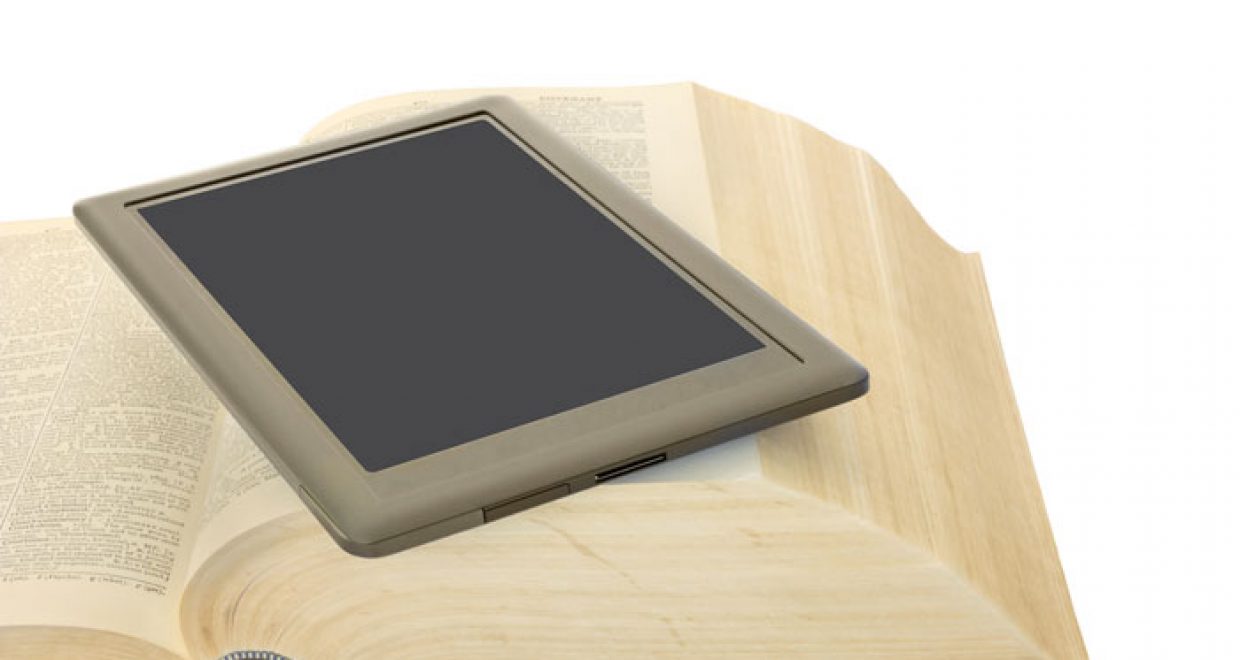Dictionary use by English language learners
Post written by Hilary Nesi based on a recent article in Language Teaching
Almost everyone uses dictionaries, and in order for them to function most effectively we need to learn how best to consult them, and dictionary-makers need to learn about our consultation needs.
These two topics are the foci of research into dictionary use, but are complicated by the fact that there are lots of different types of dictionary user, consulting dictionaries in many different contexts, for different purposes, and with differing levels of knowledge and expertise. Moreover although the research area is still relatively young (very few empirical studies were conducted before the 1980s) it spans a period of great technological change, and has experimented with a range of methodologies. For these reasons studies purporting to address similar research questions have sometimes arrived at rather different conclusions.
The Research Timeline ‘Dictionary use by English language learners’ is my attempt to trace the developments in the study of dictionary use that are of greatest relevance to ELT, and to identify broad areas of agreement amongst the research findings. Many of the earliest studies were questionnaire-based, and sought information directly from users regarding the dictionaries they owned, their preferences and their consultation strategies. The reliability of some of the survey data has been called into question, however, because although questionnaire respondents usually find it easy to answer factual questions about dictionary ownership, it is hard for them to recall the precise details of their previous dictionary consultations, and tempting for learners to report consultation strategies that their teachers might approve of, rather than the more messy reality of dictionary use. Thus questionnaire-based studies tend to have been replaced by studies that examine dictionary use during some kind of language activity, using as data test scores, task outcomes, the written or oral protocols of participants and/or, in the most recent studies, log files.
In terms of user preferences and task performance, comparisons have been made between monolingual, bilingual and bilingualised dictionaries, between different monolingual dictionaries, and, as the technology has progressed, between book dictionaries and dictionaries in electronic form.
The rapid rise of the online dictionary has made dictionary ‘ownership’ a thing of the past for many users, and recent dictionary user research has tended to be less concerned with the dictionary as a commercial product, and more with the processes of dictionary consultation. A recurring theme in the research findings has been the problem of mis-selection and misinterpretation of dictionary information, and one strand of research has examined the extent to which additional annotation to the dictionary entry (in the form of ‘menus’ and ‘signposts’) can help learners select the most appropriate subentries for the tasks they have in hand. Another very recent experimental approach has appropriated eye-tracking technology to investigate how users visually navigate dictionary entry information. Experimental designs are becoming more rigorous, and there are a growing number of replication studies seeking to resolve apparent differences in research results, and explore their causes more deeply.
Ideally, successful dictionary consultation should barely interrupt whatever language activity we are engaged in. Research into dictionary use aims to help lexicographers, learners and teachers achieve this ideal.






